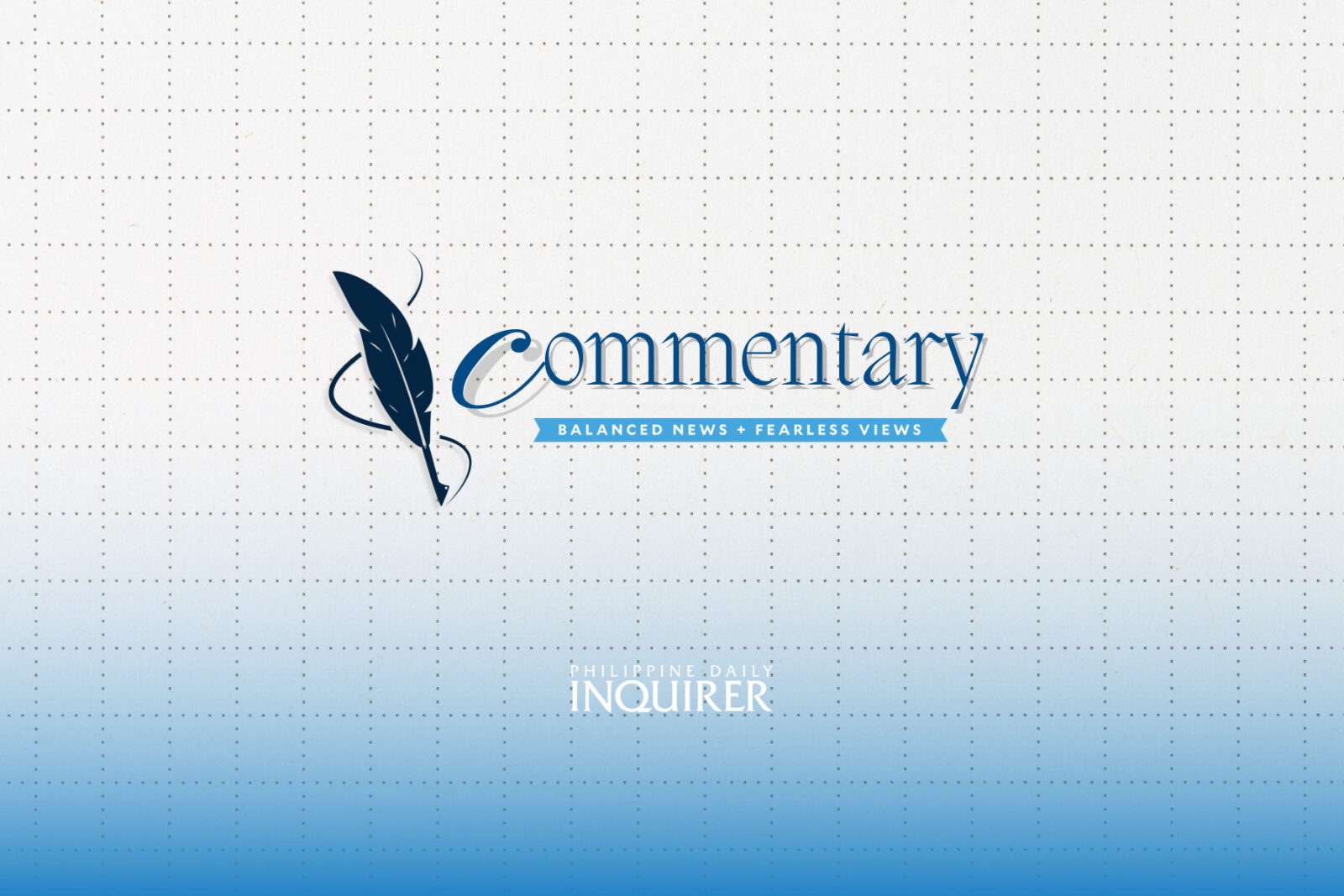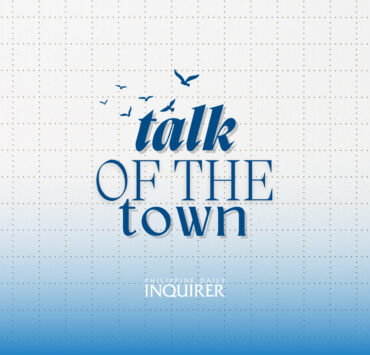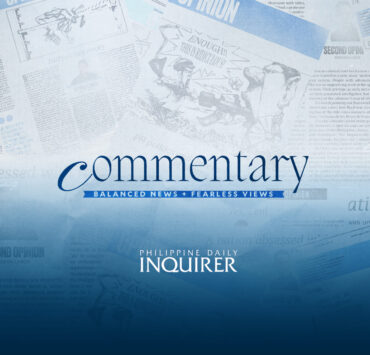The continuing relevance of academic freedom

In 1977, the late Francisco “Ka Dodong” Nemenzo Jr., former University of the Philippines president and then dean of the undivided UP Diliman College of Arts and Sciences, wrote a paper titled “The Continuing Relevance of Academic Freedom” as part of the dependency series of the Third World Studies program.
Ka Dodong emphasized that academic freedom, stripped of its lofty definition, is a fundamental freedom in the life of a university. He stressed that it is the “institutional authority or the independence of the university from the centers of wealth and power.” The question that the university and its lifeblood continue to grapple with is the continuing relevance of academic freedom when all forces, both internal and external, push it toward oblivion. Nemenzo warned: “We have indeed reason to worry about the future of a nation whose universities have degenerated into sanctuaries of entrenched social irrelevance, and factories for the production of marketable skills.”
More than ever, academic freedom is in constant adjudication, pulled between the traditions of the old, and the hefty demands of the new world order. How is its relevance being preserved, or how will it endure, in the creeping globalization that permeates every aspect of society? How can it remain present when the society we live in demands speed in everything—where instant gratification and marketability dominate our survival instincts?
Academic freedom is defined as the freedom to teach. This freedom, primarily the duty of those who teach in universities, allows for a smooth flow of ideas. The free marketplace of ideas, so protected and enshrined in the halls of the university, paves the way for the best and brightest to emerge. The best schools of thought in various fields develop from this environment. Ninoy Aquino described this as the clash of thesis and antithesis, culminating in synthesis.
In contexts where debates are often avoided to preserve unity built on strong political patronage, debate is frequently dismissed as politicking. Argumentation is viewed as delaying urgent action—often the rhetoric of politicians appealing to voters in dire situations, as a way to portray debate as an indulgence of tokenism.
The freedom to teach not only grants faculty members wide latitude but also imposes on them the heavy responsibility of keeping the marketplace of ideas open. It does not necessarily mean neutrality, for no one is a blank slate. Instead, it entails maintaining open lines of dialogue while humbly acknowledging biases. This approach allows for an honest assessment of the advantages of one position while recognizing its limitations. Academic freedom, therefore, serves as the wellspring from which ideas evolve into policies—policies that directly affect the everyday lives of Filipinos.
I am aware this is a long shot. We are not ignorant of the vagaries of policymaking, especially when those constitutionally obliged to create, implement, or judge these policies are perceived as corruptible and driven by vested interests. Academic freedom spans both the social and natural sciences, the liberal arts, the nuances of the law, and all areas of human interest or influence. It has an intrinsic nature as well as a social dimension. It must be upheld and exercised but must also serve as a means to an end: to liberate itself and the people from forces that seek to enslave it.
The twofold nature of academic freedom is rarely recognized, though it has been in practice since before the age of enlightenment, perhaps even as far back as the time of Plato. However, academic freedom’s liberatory responsibility does not solely arise from the august halls of universities lined with kilometric shelves of books.
The academe is not confined to the corners of dingy classrooms, the tall fences of universities, long conference tables, or the skid marks of whiteboard markers. It must be grounded in lived realities. To detach itself from the mundane or remove itself from the people it serves is to erode its very fundamentals. It becomes irrelevant when its sole purpose is not rooted in the larger fabric of humanity. It loses its collegial nature when it merely fuels ego. It ceases to be noble when pride overtakes the mind, and self-serving interests overshadow the pursuit of the public good.
The insistence by a few to uphold the continuing relevance of academic freedom amid its forced obsolescence is a daunting task. It is easy to reject mediocrity and patronage in principle, but the core question remains: “Who does the pursuit of knowledge serve?”
While there are less noble answers, the drive for causes larger than ourselves fulfills a less forgotten value—honor over excellence. Yet virtues, like prayers, are dead without works of service.
—————-
Edward Joseph H. Maguindayao is a college instructor in Laguna.

















